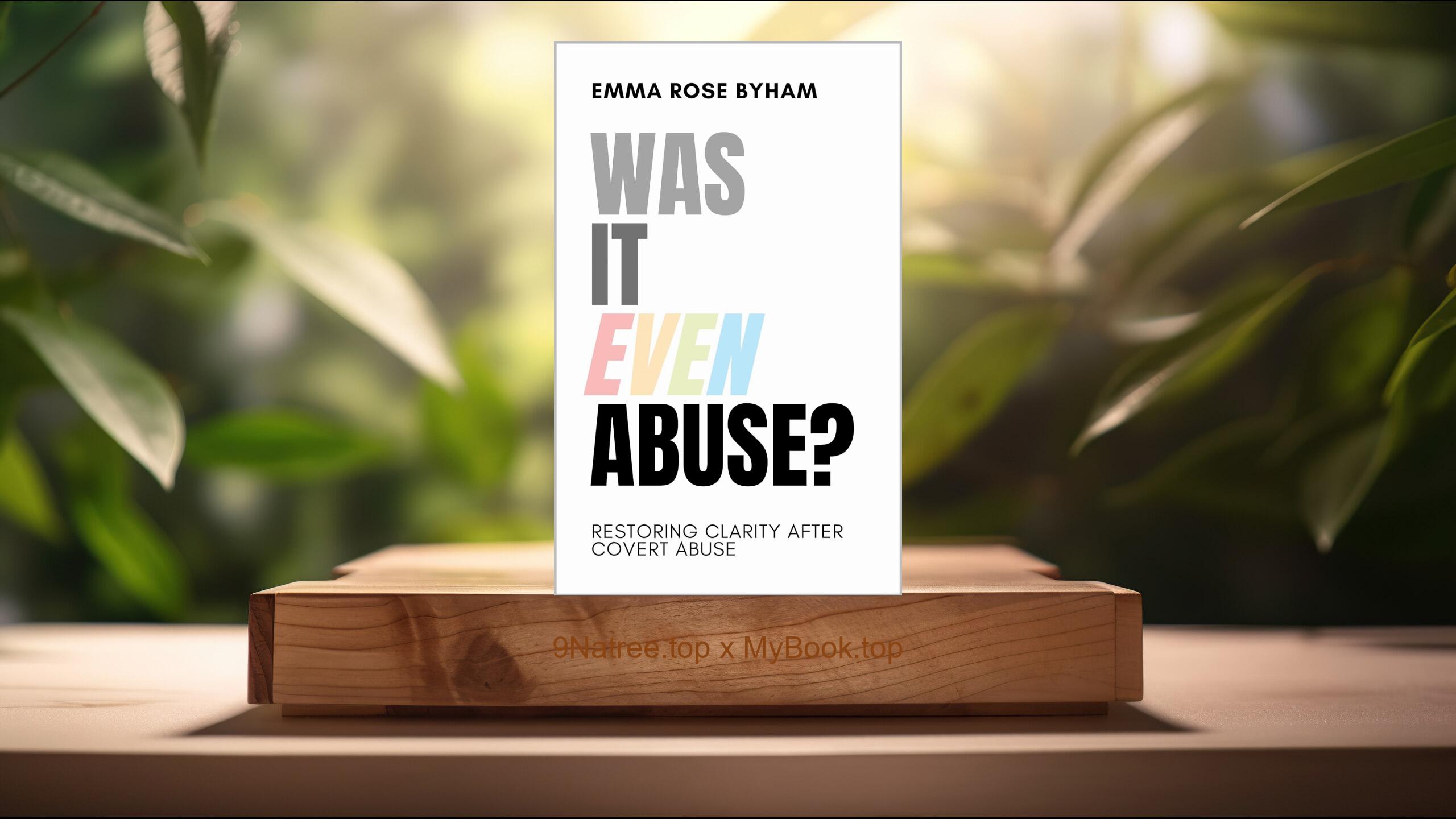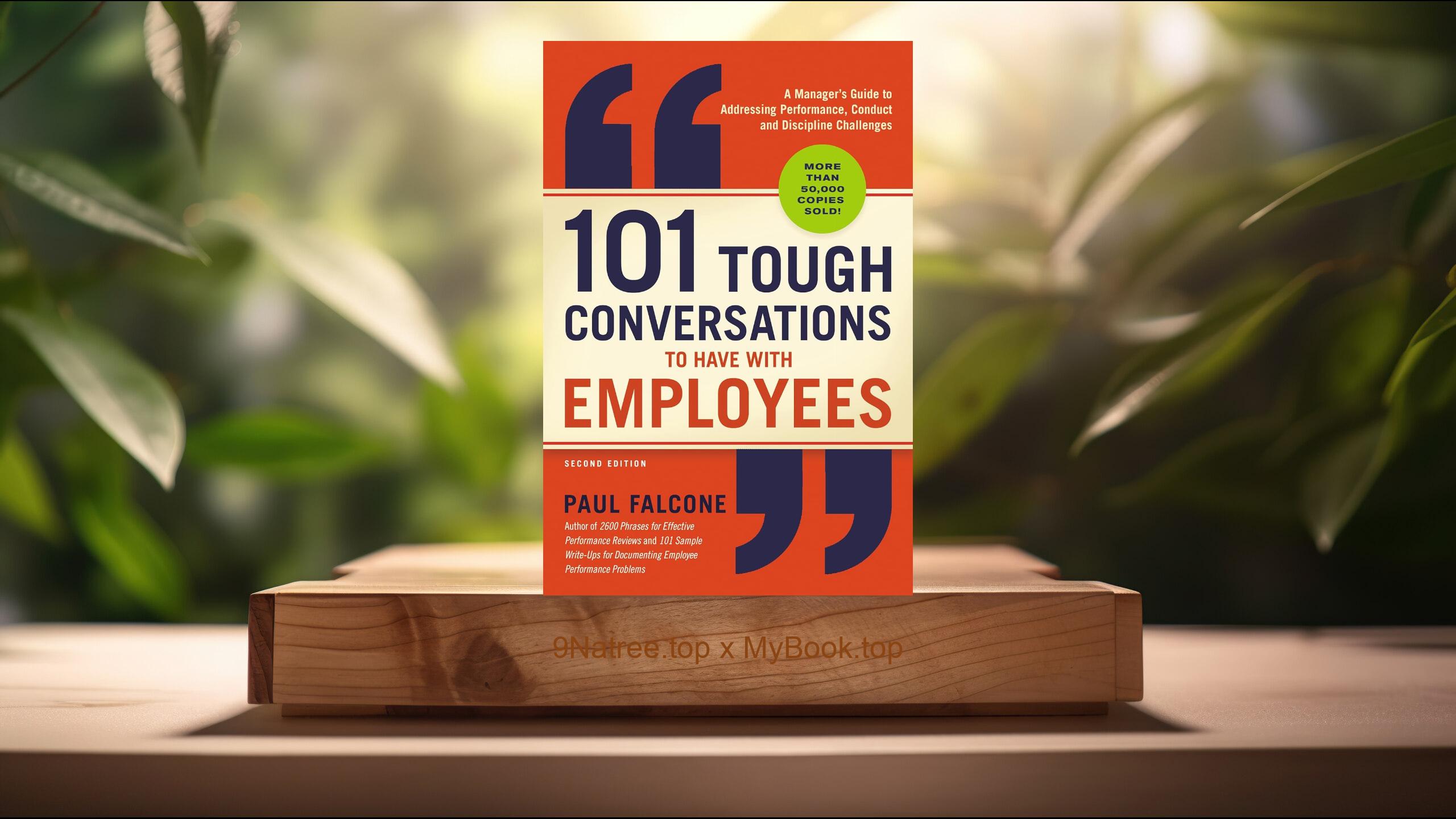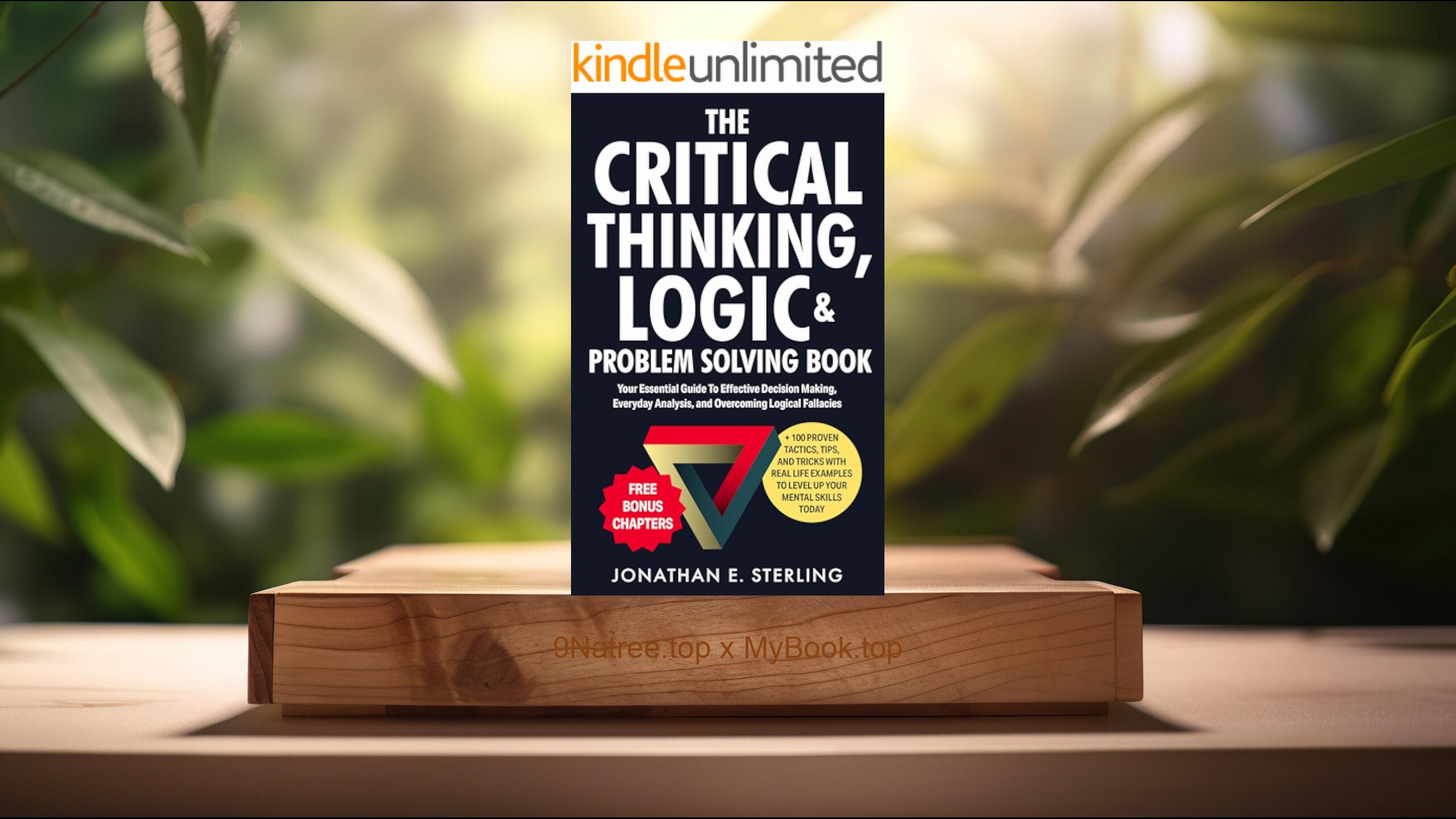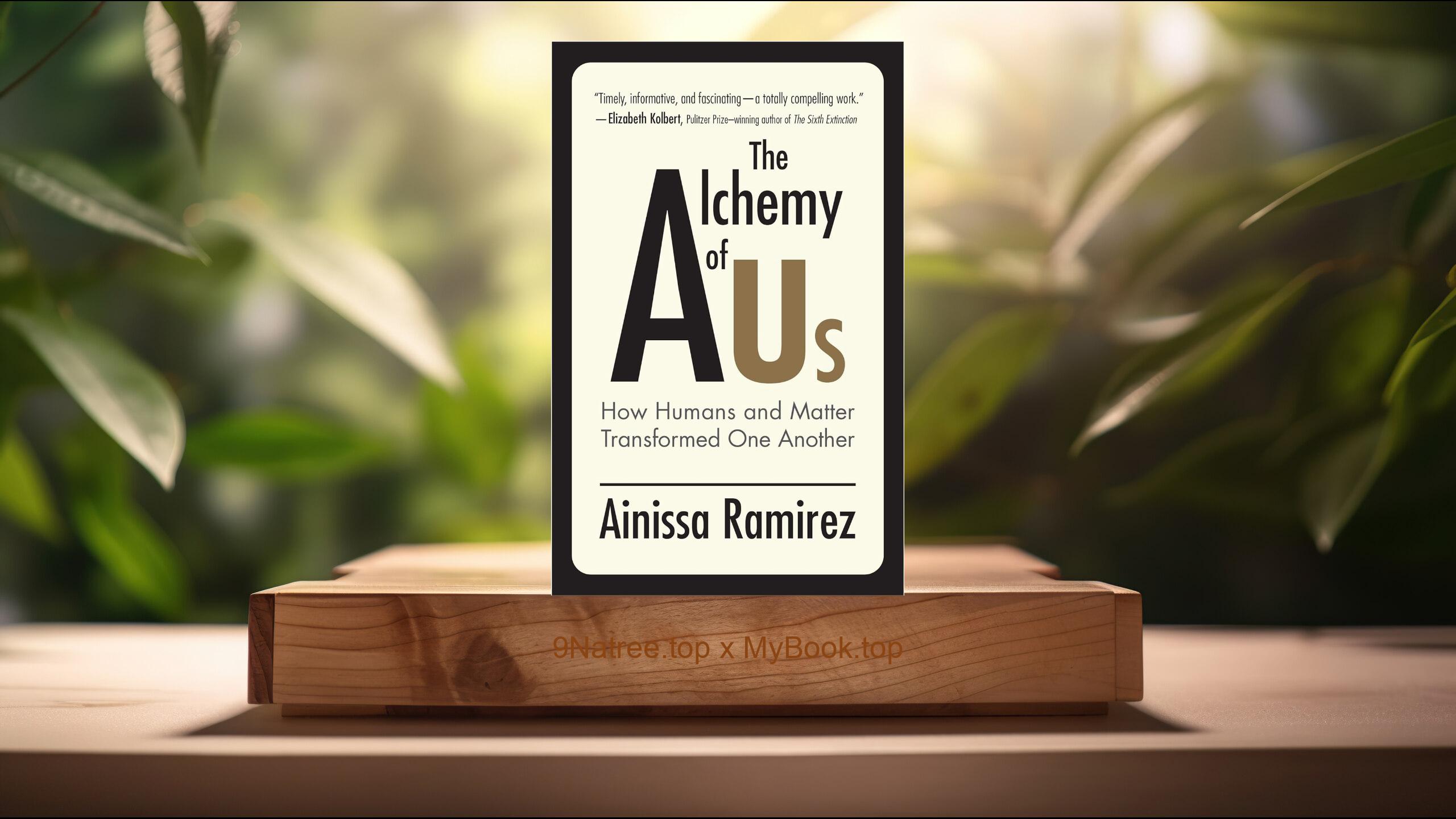Show Notes
- Amazon US Store: https://www.amazon.com/dp/B0CHV6ZYG4?tag=9natree-20
- Amazon Worldwide Store: https://global.buys.trade/Right-Thing-Right-Now-Good-Values-Good-Character-Good-Deeds-Ryan-Holiday.html
- Apple Books: https://books.apple.com/us/audiobook/right-thing-right-now-good-values-good-character-good/id1709767336?itsct=books_box_link&itscg=30200&ls=1&at=1001l3bAw&ct=9natree
- eBay: https://www.ebay.com/sch/i.html?_nkw=Right+Thing+Right+Now+Good+Values+Good+Character+Good+Deeds+Ryan+Holiday+&mkcid=1&mkrid=711-53200-19255-0&siteid=0&campid=5339060787&customid=9natree&toolid=10001&mkevt=1
- Read more: https://mybook.top/read/B0CHV6ZYG4/
#RyanHoliday #Stoicism #Personaldevelopment #Ethicalliving #Modernphilosophy #Characterbuilding #Practicalwisdom #Stoicvirtues #RightThingRightNow
These are takeaways from this book.
Firstly, Understanding Stoic Virtues, At the heart of 'Right Thing, Right Now' lies a deep exploration of the Stoic virtues: wisdom, justice, courage, and temperance. Ryan Holiday demystifies these ancient concepts, making them relevant to a 21st-century audience. Wisdom, in the Stoic sense, involves more than just intellectual prowess; it encompasses the practical knowledge necessary for living a good life. Justice represents fairness and morality in one's dealings with others, advocating for equality and the welfare of the community. Courage is not merely physical bravery but also the strength to face internal challenges and societal pressures with integrity. Temperance, finally, refers to self-discipline and control over one's desires and impulses. Holiday uses these pillars to argue that a virtuous life leads to personal satisfaction and societal harmony, providing readers with a framework for evaluating their actions and decisions.
Secondly, The Role of Perspective, Ryan Holiday emphasizes the critical role of perspective in facing life's challenges and harnessing the power of Stoic virtues. He argues that our reactions to external events are more significant than the events themselves. This section delves into the concept of 'the view from above,' a Stoic exercise that encourages individuals to see beyond their subjective experiences to gain a more objective understanding of their circumstances. By adopting a broader perspective, Holiday suggests that we can reduce personal suffering, make more rational decisions, and increase empathy towards others. He offers practical tips for cultivating a Stoic perspective, such as reflection, mindfulness, and the premeditation of potential adversities. This approach not only aids in personal growth but also fosters a more compassionate and understanding society.
Thirdly, Practical Wisdom in Action, Holiday doesn't just theorize about Stoic virtues; he offers actionable advice on applying them in daily life. This section covers various scenarios ranging from personal dilemmas to professional challenges, demonstrating how Stoic wisdom can be a guiding light. Whether it's dealing with difficult people, facing failure, or making tough decisions, Holiday presents Stoic principles as tools for effective problem-solving and emotional regulation. He discusses the importance of reflection, the value of advice from trusted mentors, and the benefits of journaling as methods to cultivate practical wisdom. Through anecdotes and historical examples, Holiday illustrates how individuals have successfully applied Stoic principles to navigate complex situations, encouraging readers to develop their capacity for practical wisdom.
Fourthly, Building Character Through Adversity, One of the central themes of 'Right Thing, Right Now' is the concept of character development through adversity. Ryan Holiday explores the Stoic belief that challenges and obstacles are opportunities for growth. He highlights the importance of resilience, flexibility, and an open-minded approach to unforeseen problems. Holiday shares stories of historical figures and modern-day individuals who embody this ethos, demonstrating how adversity has shaped their moral and intellectual character. By embracing rather than avoiding difficulties, Holiday argues that individuals can build a robust character capable of withstanding life's uncertainties. This section offers readers insights into developing a resilient mindset, fostering gratitude for life's trials, and seeing obstacles as stepping stones to personal and professional fulfillment.
Lastly, Contributing to the Greater Good, In the concluding part of the book, Holiday discusses the Stoic duty towards social and communal responsibility. This segment underlines the importance of good deeds and how the Stoic virtues can drive positive change in society. Holiday challenges readers to consider not just their personal growth but also their impact on the world. He provides examples of how acts of justice, courage, wisdom, and temperance can contribute to the greater good, encouraging a life lived not just for oneself but for the benefit of others. From philanthropy to everyday kindness, Holiday suggests practical ways individuals can make a difference, fostering a sense of purpose and fulfillment in contributing to a community. This section reiterates the Stoic belief that individual well-being is inextricably linked to the welfare of the community, urging readers to act with integrity and compassion.
![[Review] Right Thing, Right Now: Good Values. Good Character. Good Deeds. (Ryan Holiday) Summarized](https://episodes.castos.com/660078c6833215-59505987/images/1840804/c1a-085k3-wwzk38n2ax34-lfyhxj.jpg)




